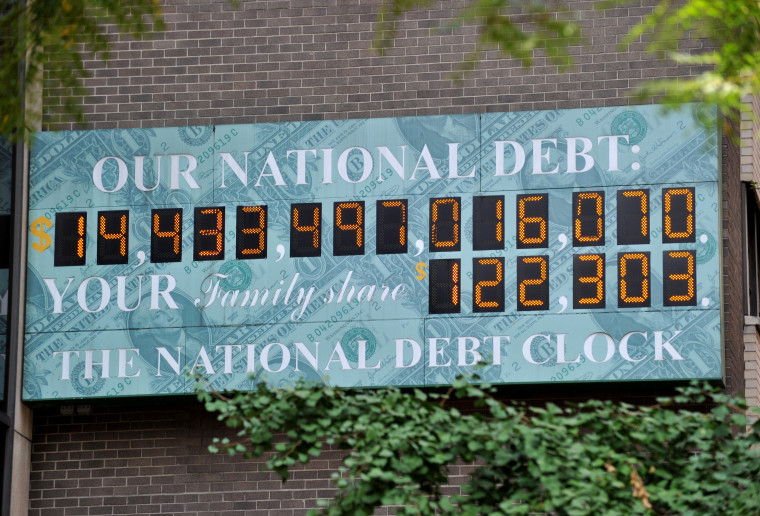At this point, congressional Republicans no longer even try to justify the rhetorical contradictions. When Democrats want to make any kind of public investment, even after a natural disaster, GOP officials insist every penny must be fully paid for without raising anyone's taxes by any amount at any time.
But when those same Republican lawmakers want to cut taxes, they magically discover that the deficit isn't so important after all.
The House on Thursday passed two bills to permanently extend tax credits that expired at the end of 2013 despite veto threats from the Obama administration. The more expensive of the two tax measures the House passed, 272-144, extends a provision known as Section 179 that allows small businesses to write off up to $500,000 worth of investments a year. [...] The House also passed, 263-155, a pair of incentives, packaged together in one bill, to help a type of small business known as S corporations. S corporations do not pay federal income taxes and instead pass along income to their shareholders, who then report that on their personal tax returns.
The final roll call on the first bill is here, the roll call on the second is here. Both enjoyed near-unanimous support from the same House Republicans who believe the United States is facing a debt crisis and that the budget deficit risks destroying future generations' lives.
Combined these new permanent tax breaks will cost roughly $75 billion over the next 10 years. How much of that cost did GOP lawmakers try to offset? Zero.
House Ways and Means Committee Chairman Dave Camp (R-Mich.) said the costs associated with these tax breaks have "never been offset," which is true -- previous Congresses have just added the price tag to the deficit to be dealt with in the future.
But it's also true that the costs associated with extending unemployment benefits have "never been offset," either. And yet, Camp and his conservative colleagues won't even allow the House to vote on jobless aid, whether the bill is fully paid for or not.
It's a matter of priorities: corporate tax breaks have been deemed important; assistance to the unemployed has been deemed unimportant.
If this sounds familiar, it's because House Republicans did the exact same thing a month ago, extending anther $156 billion in tax breaks without paying for them.
As we talked about at the time, it's important to separate the merits of the policy from the broader economic argument. There's a credible case to be made that these tax breaks, including the measures approved today, actually have an economic benefit.
But the larger point is, jobless aid is an economic benefit, too. So do infrastructure investments. And food stamps. And education. And aid to states to prevent public-sector layoffs for teachers and first responders.
It's a dynamic so familiar, it's practically a cliche, but let's go ahead and make the point anyway: congressional Republicans pretend to care deeply about the deficit, right up until tax cuts are on the table, at which point their deeply held principles fly out the window.
It's a simple rule: if Democrats want to invest in the public, the deficit is paramount. When Republicans want to pass a tax break, the deficit is irrelevant.
Today it was $75 billion in tax breaks over the next 10 years. If Democrats proposed investing $75 billion over 10 years on economic policies with a proven track record of success, but Dems decided not to bother trying to pay for it, is there any chance at all Republicans would support it? Of course not -- we'd instead hear rhetoric about Democrats bankrupting America's future, punishing our grandchildren, and borrowing from China while creating a debt crisis.
What a fraudulent joke.
